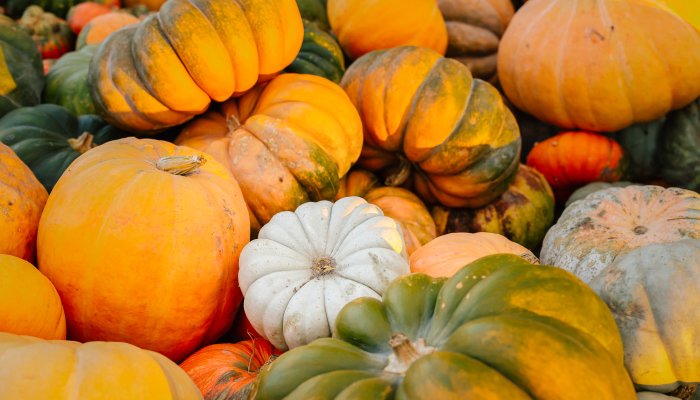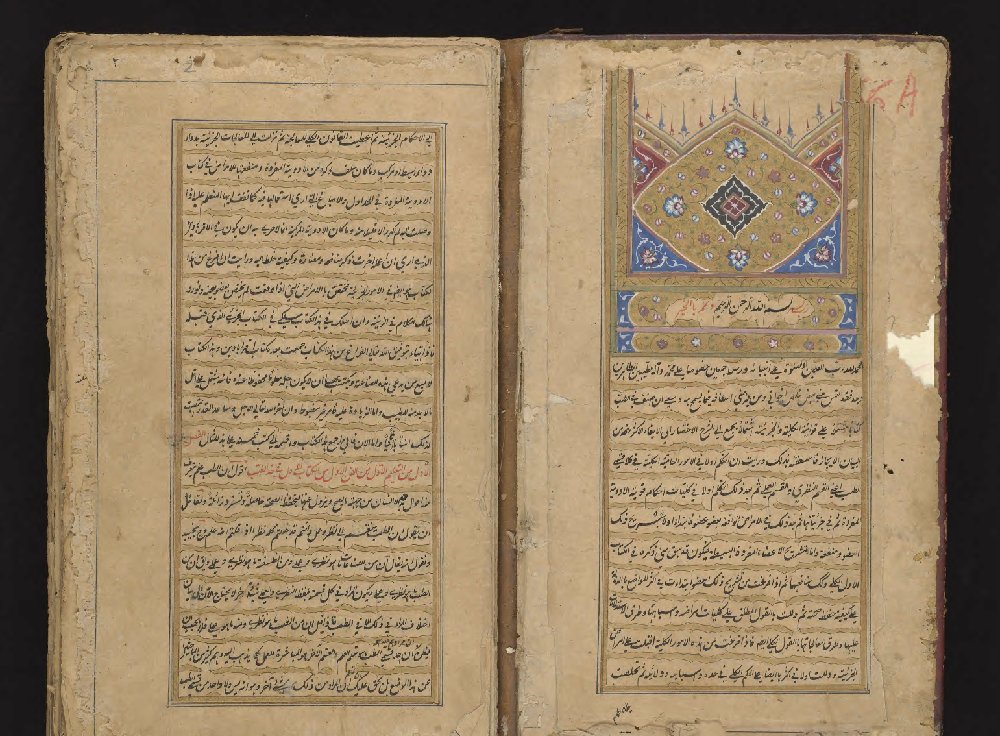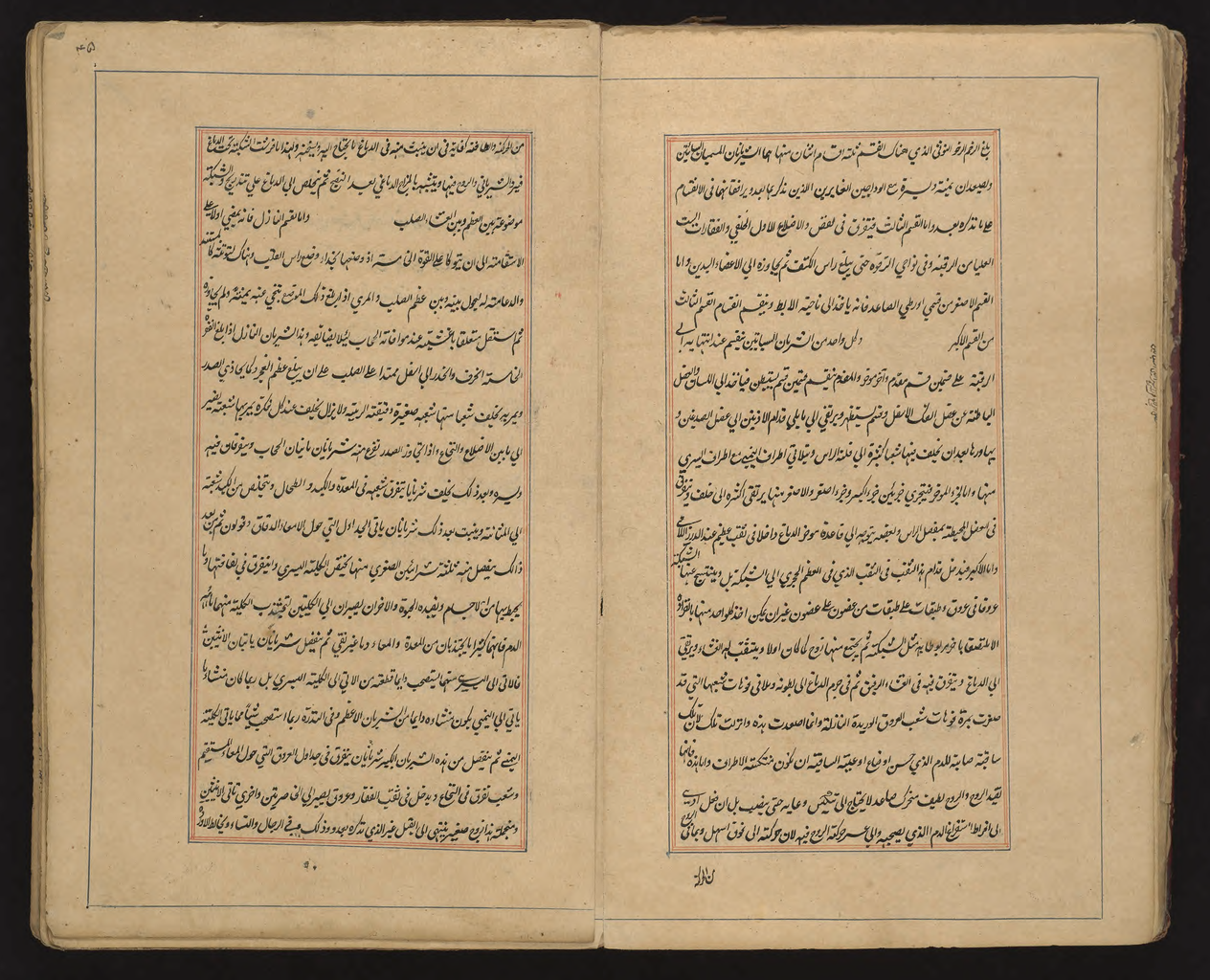
The coronavirus, fair to say, isn't good for the economy: not for the economies of individual nations, and not for the world economy as a whole. But that's not to say that every industry has taken a hit. This is hardly the worst time in history to produce and sell toilet paper, for instance, nor to furnish the packages of necessities demanded by "preppers" who foresee the end of society as we know it. One probably wouldn't wish to take the place of the makers of Corona beer right now, but despite the now-unfortunate brand name, their sales, too, have stayed strong. And for publishers around the world who have been considering a reprint of Albert Camus' La Peste, now is most assuredly the time.
The Plague, as it's titled in English, "follows the inhabitants of Oran, an Algerian town that is sealed off by quarantine as it is ravaged by bubonic plague," writes The Guardian's Alison Flood. "Penguin is rushing through a reprint of its English translation to meet demand," but last week stock had already sold out on Amazon.
"The publisher added that sales in the last week of February were up by 150% on the same period in 2019." The novel has also become a bestseller in Italy — a country especially hard hit by the virus — and sales "have also risen sharply in France, according to the French books statistics website Edistat," to the tune of "around 300% on the previous year." I live in South Korea, one of the countries most severely hit by the coronavirus, and recently wrote an essay about reading The Plague here in the Los Angeles Review of Books.
Though Camus tells a story set in real city and about a specific disease, his literary rendering of a community isolated and under invisible siege has the universal quality of myth. Each main character — the tireless doctor Rieux, the suicidal-turned-gregarious Cottard, the humanist outsider Tarrou — exemplifies a different arc of individual reaction to the crisis. Even in Seoul I noticed certain parallels: Camus' description of the "commercial character of the town" and the work habits of its people, of the sudden runs on particular items thought to have preventative properties (peppermint lozenges, in the novel), of the fierce public attacks on the government whenever the struggle turns especially harrowing. Readers the world over will feel a grim sense of recognition at the Oran authorities' unwillingness to call the plague a plague, due to "the usual taboo, of course; the public mustn’t be alarmed, that wouldn’t do at all.”
Camus wrote The Plague in 1947, five years after his best-known work The Stranger and just three years after the real Oran's most recent outbreak of the bubonic plague. (You can get a primer on Camus' life, work, and reluctantly existentialist philosophy in the animated School of Life video above.) Like The Stranger, and like all great works of art, The Plague permits more than one interpretation: J.M. Coetzee suggests one reading of the novel "as being about what the French called ‘the brown plague’ of the German occupation, and more generally as about the ease with which a community can be infected by a bacillus-like ideology." But each era has its own reading of The Plague — in the year 2003, for instance, critic Marina Warner offered it up as a "study in terrorism" — and of all its readers and re-readers in this historical moment, how many could resist an entirely more literal interpretation?
Related Content:
The History of the Plague: Every Major Epidemic in an Animated Map
Free Courses on the Coronavirus: What You Need to Know About the Emerging Pandemic
The Absurd Philosophy of Albert Camus Presented in a Short Animated Film by Alain De Botton
See Albert Camus’ Historic Lecture, “The Human Crisis,” Performed by Actor Viggo Mortensen
Albert Camus Explains Why Happiness Is Like Committing a Crime—”You Should Never Admit to it” (1959)
Based in Seoul, Colin Marshall writes and broadcasts on cities, language, and culture. His projects include the book The Stateless City: a Walk through 21st-Century Los Angeles and the video series The City in Cinema. Follow him on Twitter at @colinmarshall or on Facebook.
Why You Should Read The Plague, the Albert Camus Novel the Coronavirus Has Made a Bestseller Again is a post from: Open Culture. Follow us on Facebook, Twitter, and Google Plus, or get our Daily Email. And don't miss our big collections of Free Online Courses, Free Online Movies, Free eBooks, Free Audio Books, Free Foreign Language Lessons, and MOOCs.




















